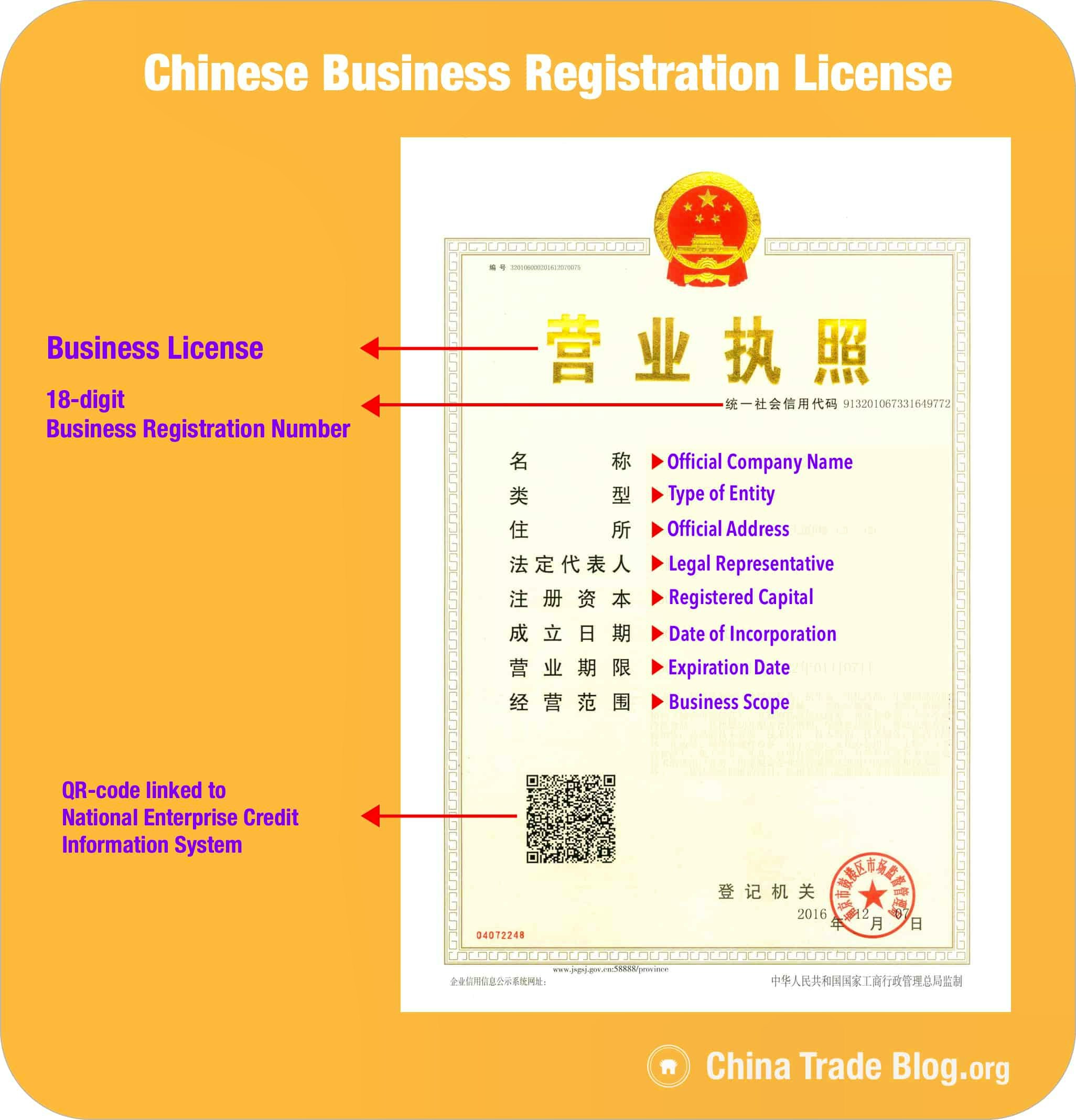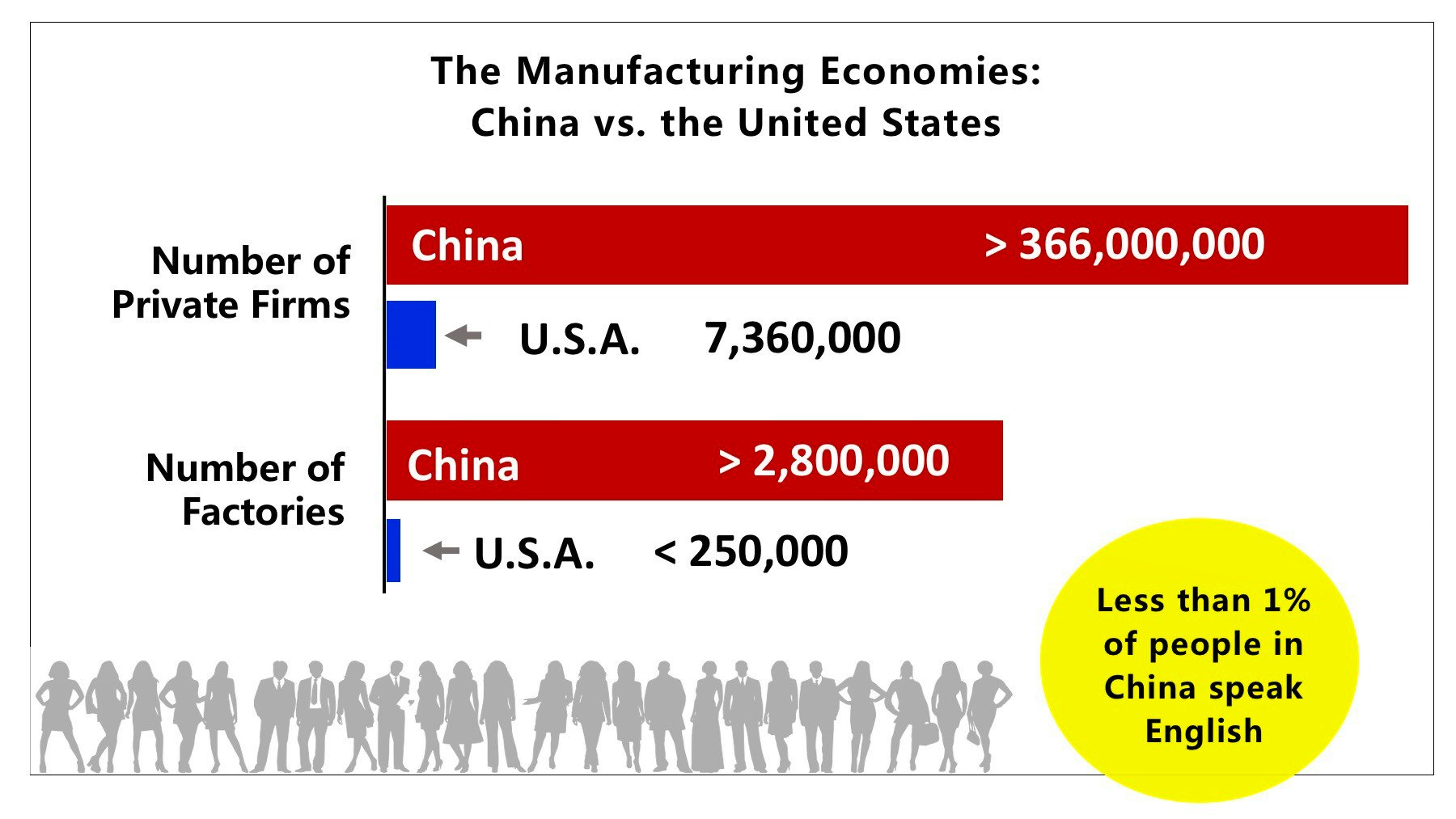Are you planning to start a business in China? Great decision!
With China’s economic boom and rise as a global power, it has become one of the hotspots for businesses in the past decade. The Chinese government offers generous programs for foreign investors through various incentives and tax cuts, not to mention the ensured growth of your business because of the Chinese monetary policy.
From its modern infrastructure, excellent supply chain, the rise of e-commerce and fast-growing middle-income consumers, the world will continue to see unprecedented growth in China’s business industry.

China’s Ranking in the Ease of Doing Business by the World Bank in 2019

- Ranked 31st in a study published by the prestigious World Bank, including an Ease of Doing Business Ranking comparing 190 economies around the world.
- From 2017 to 2018, China jumped from 78th place to 46th place in the same study by the World Bank.
- China placed in the top 10 improvers list for the second consecutive year.
- With its strong reform agenda, China outperformed itself in 2019 compared to 2018.

Chinese Business Laws To Understand Before You Operate a Business in China
1. Be familiar with Chinese labor laws.
China has strict labor laws that are continuously amended to protect the labor rights of Chinese workers. The most important and basic labor laws that you need to understand include:
- “At-will employment” is illegal in China. This means that you can’t terminate an employee without any reason or warning.
- Placing part-time workers under probation is illegal. A probation period is only allowed for full-time employees whose employment term is three years and above.
- The required working hours for employees is eight hours a day, or 40 hours per week. If you go past those working hours, you need to pay overtime fees. Businesses in China are also not allowed to make employees work more than five additional hours per working day.

- A written employment contract in Chinese must be issued as early as the first month of employment. Failure to do so means you have to pay the employee twice his/her monthly salary until you are able to issue the contract.
- Businesses must follow a 15-day payment cycle for part-time employees. Those who don’t follow this regulation are subject to penalties and litigation.
- Obtain a foreign work license document. This is a new work permit system composed of the foreign expert work license and the foreigner employment license. Under this system, foreign workers are divided into three levels: (A) high-level talents, (B) professionals and (C) non-technical workers. Those who belong to category A are not required to send hard copies of their documents. They are also given longer working permits.
2. Register your business as a Wholly Foreign Owned Entity (WFOE).
To legally operate a foreign business in China, you have to file your business registration under the China entity: Wholly Foreign Owned Entity (WFOE). You need the approval of the government for this.

3. Filing for Intellectual Property (IP) is a must.
Protect your ideas by promptly filing for Intellectual Property (IP). Do an audit to find out your assets and assign the appropriate IP protection for each one. The China-centric Non-disclosure, Non-use and Non-circumvention (NNN) document is similar to an NDA in the U.S. However, the NDA is not accepted in China.
4. Issue a Chinese-language manufacturing contract.
You need to issue a Chinese-language manufacturing contract if you engage in the production of goods in a Chinese company. Within the contract, you need to specify the compensation from the manufacturer.

In addition to these four rules and regulations, the Chinese government still has many laws that are strictly enforced to make sure that foreigners conduct business legally in China.
 Do you want to take your knowledge about Chinese business law to the next level?
Do you want to take your knowledge about Chinese business law to the next level?
Beijing Foreign Studies University (BFSU) offers an excellent Online Certificate in Chinese Business and Commercial Law program taught in English. The program is fully delivered online, and you can complete it in two years. Some of the subjects that you will study include:
- Civil and Commercial Law
- Intellectual Property Rights Law
- International Law(International Business Law)
- International Law (Anti International Money Laundry and Anti International tax evasion/International Taxation Law and International Tax) and;
- International and regional safety studies
The total tuition fee is RMB 34,000 and the deadline for application for the fall semester is on June 15, 2020. Two basic requirements to be accepted into the program are the college diploma and an IELTS score of 6.0 or equivalent.
Start your application with China Admissions as early as now!
- Top 10 Ranked Chinese Universities - January 10, 2025
- China Scholarships – The 2025 Guide for International Students - December 30, 2024
- 9 Fascinating Things About Christmas In China - December 24, 2024


